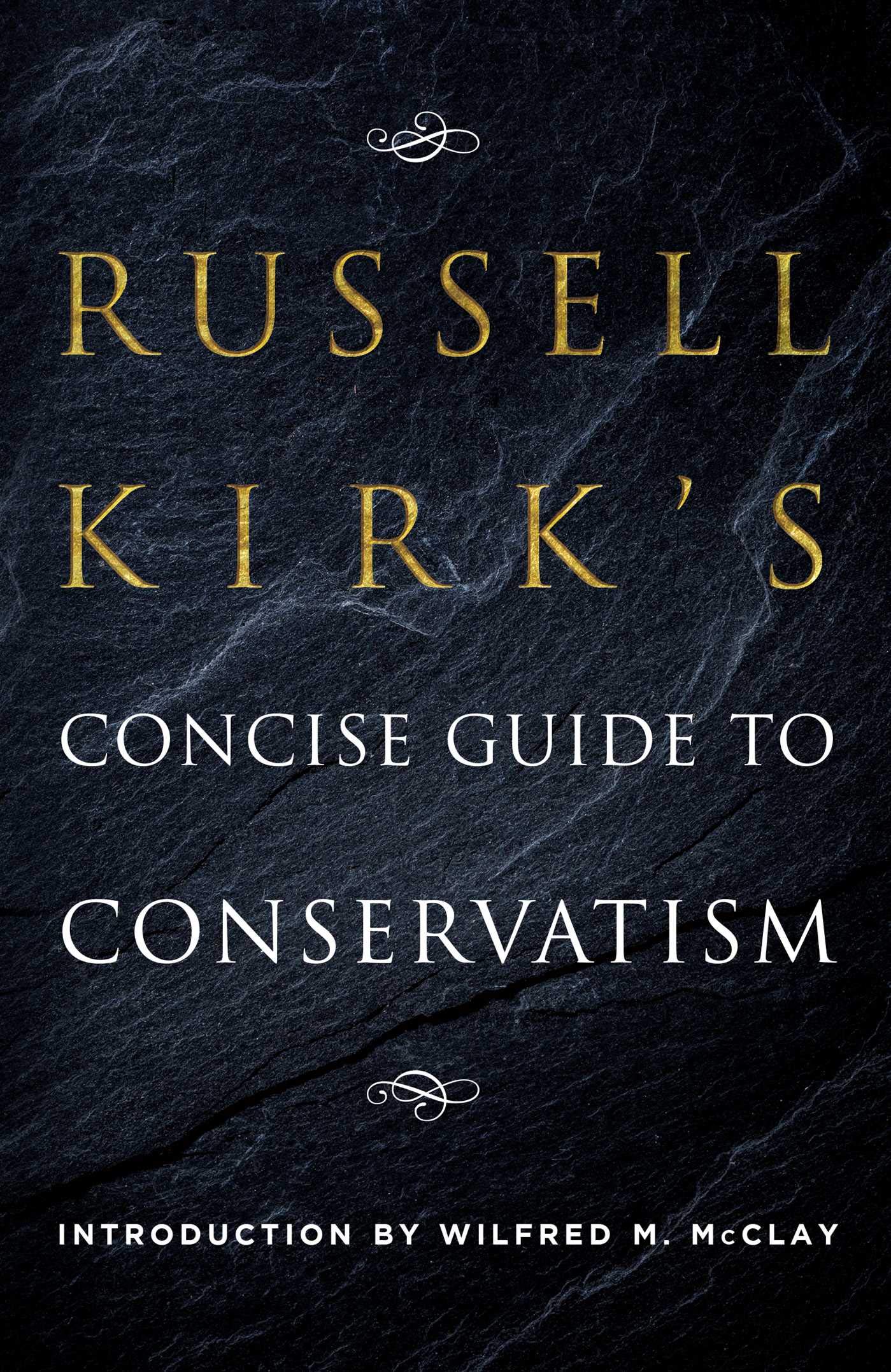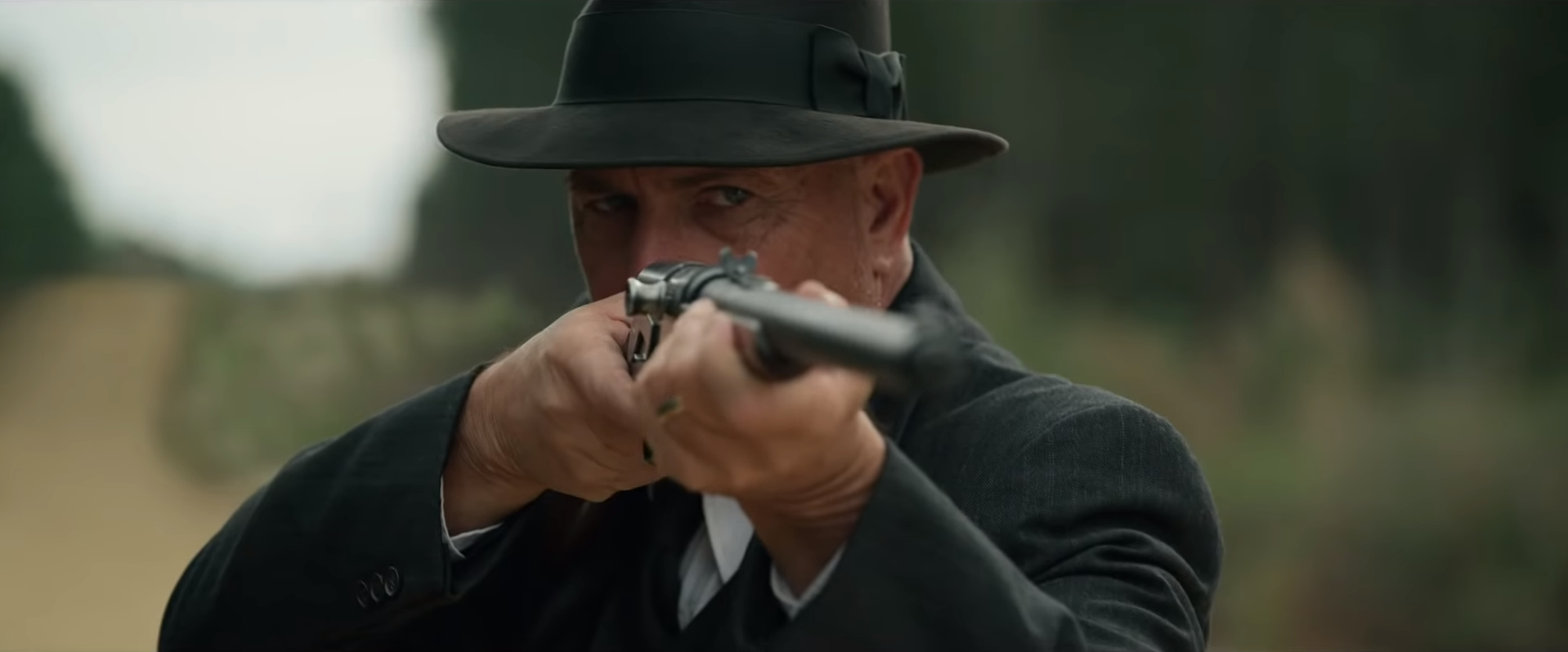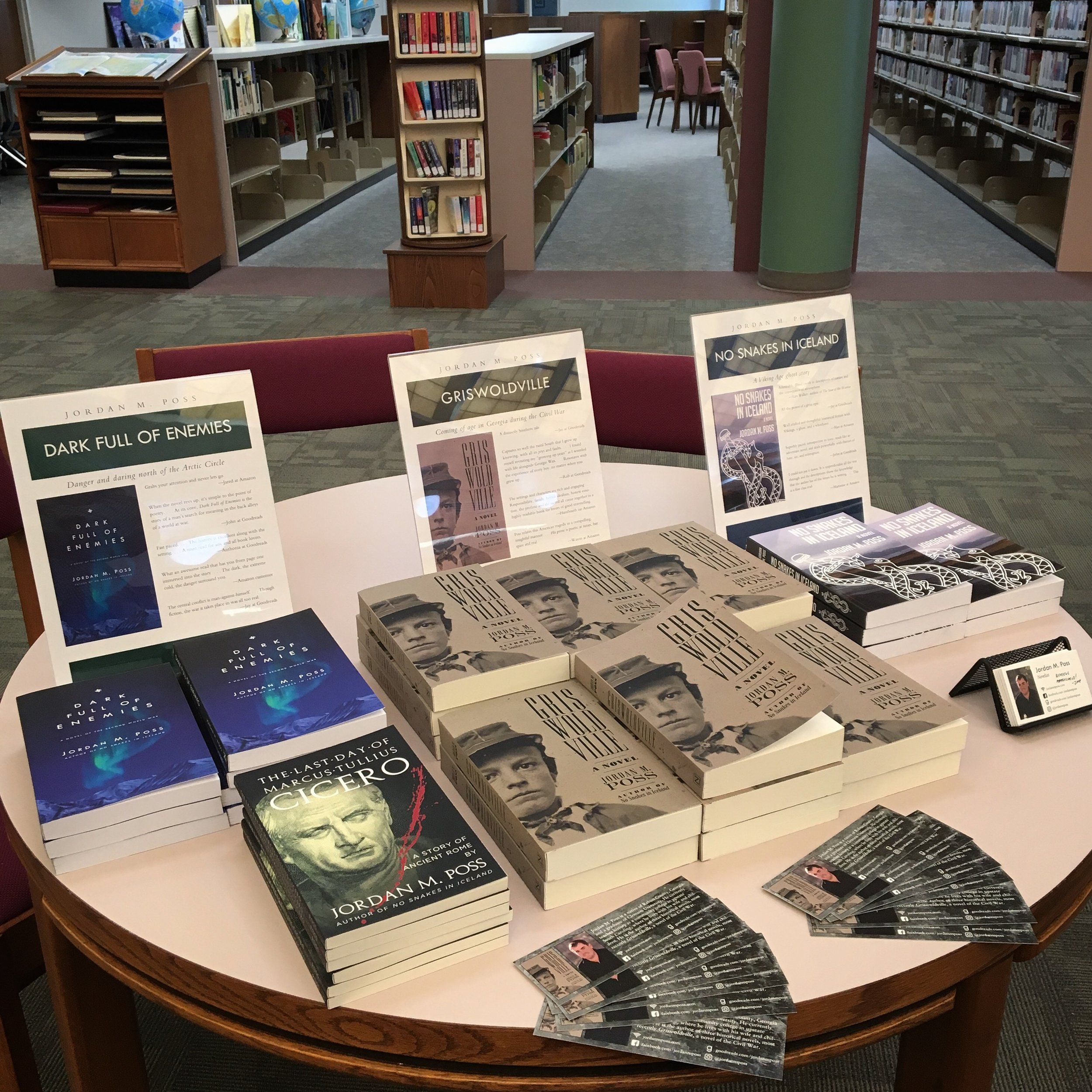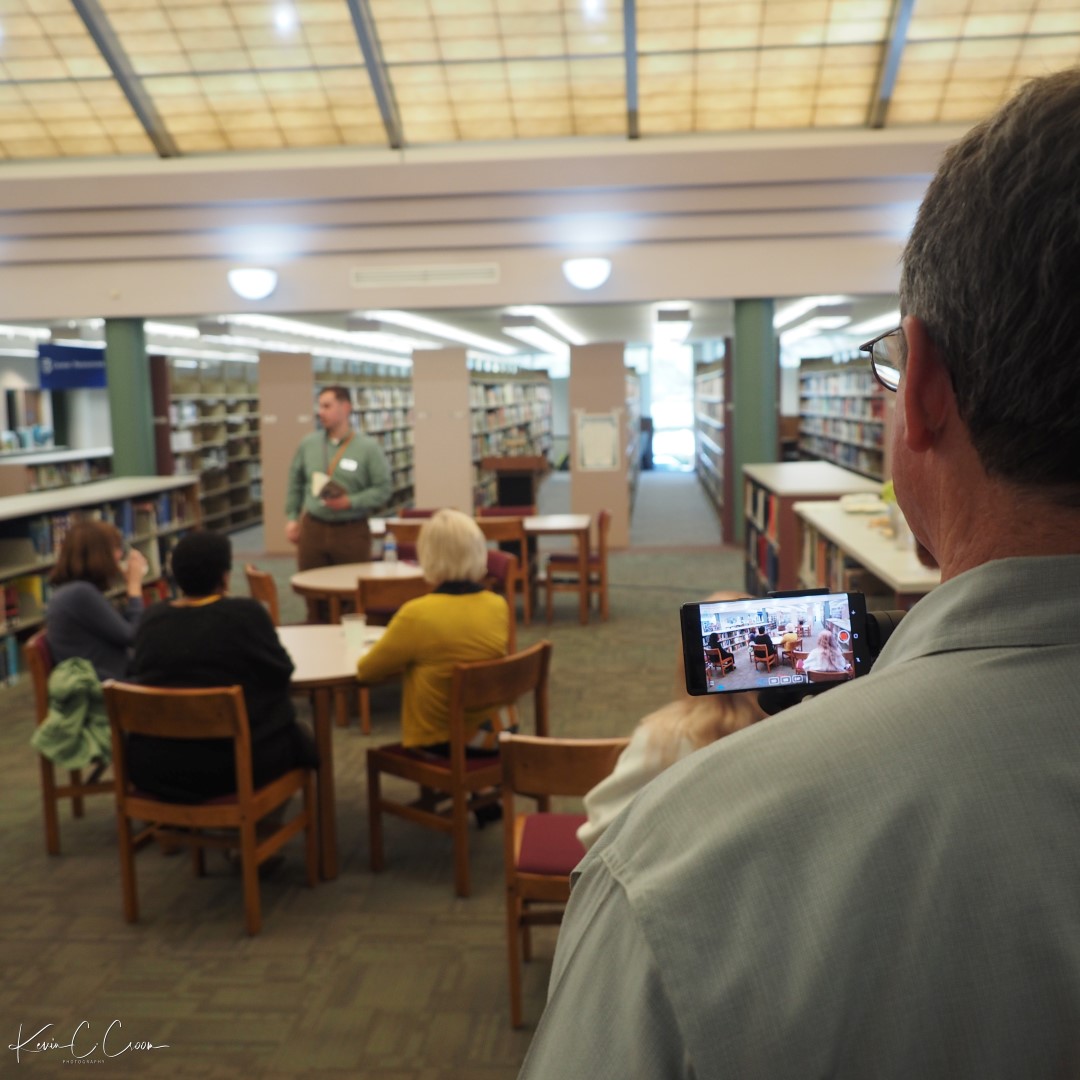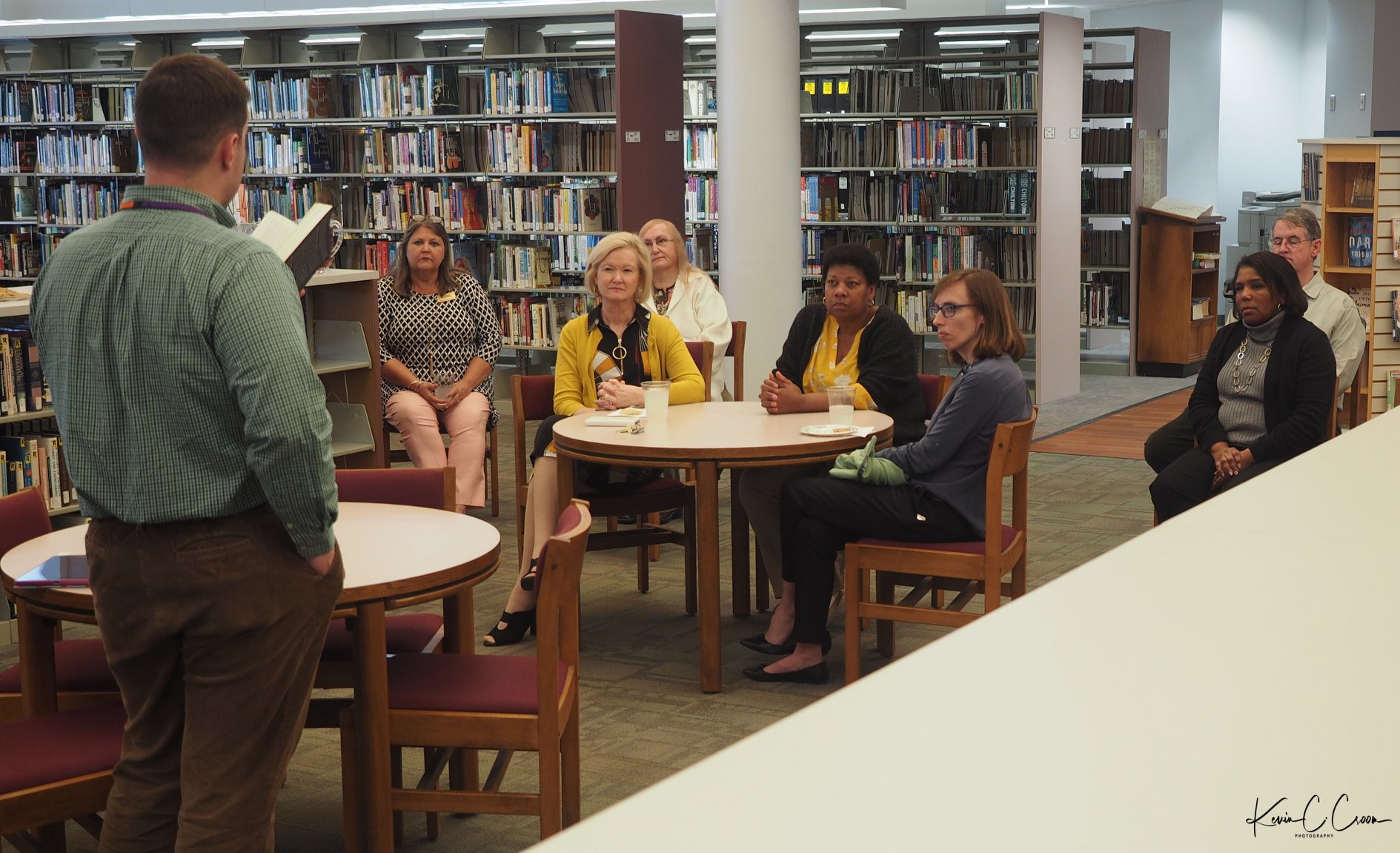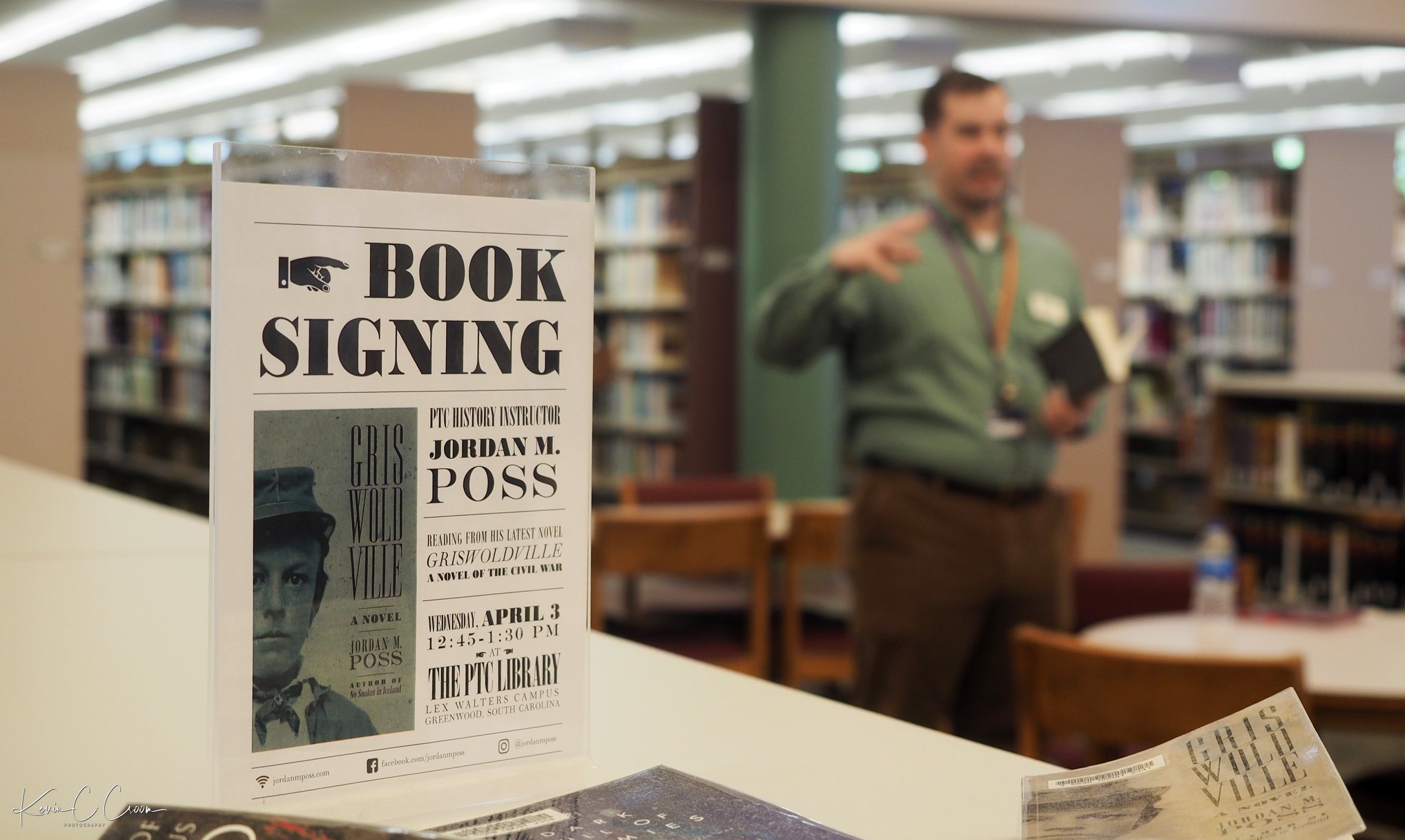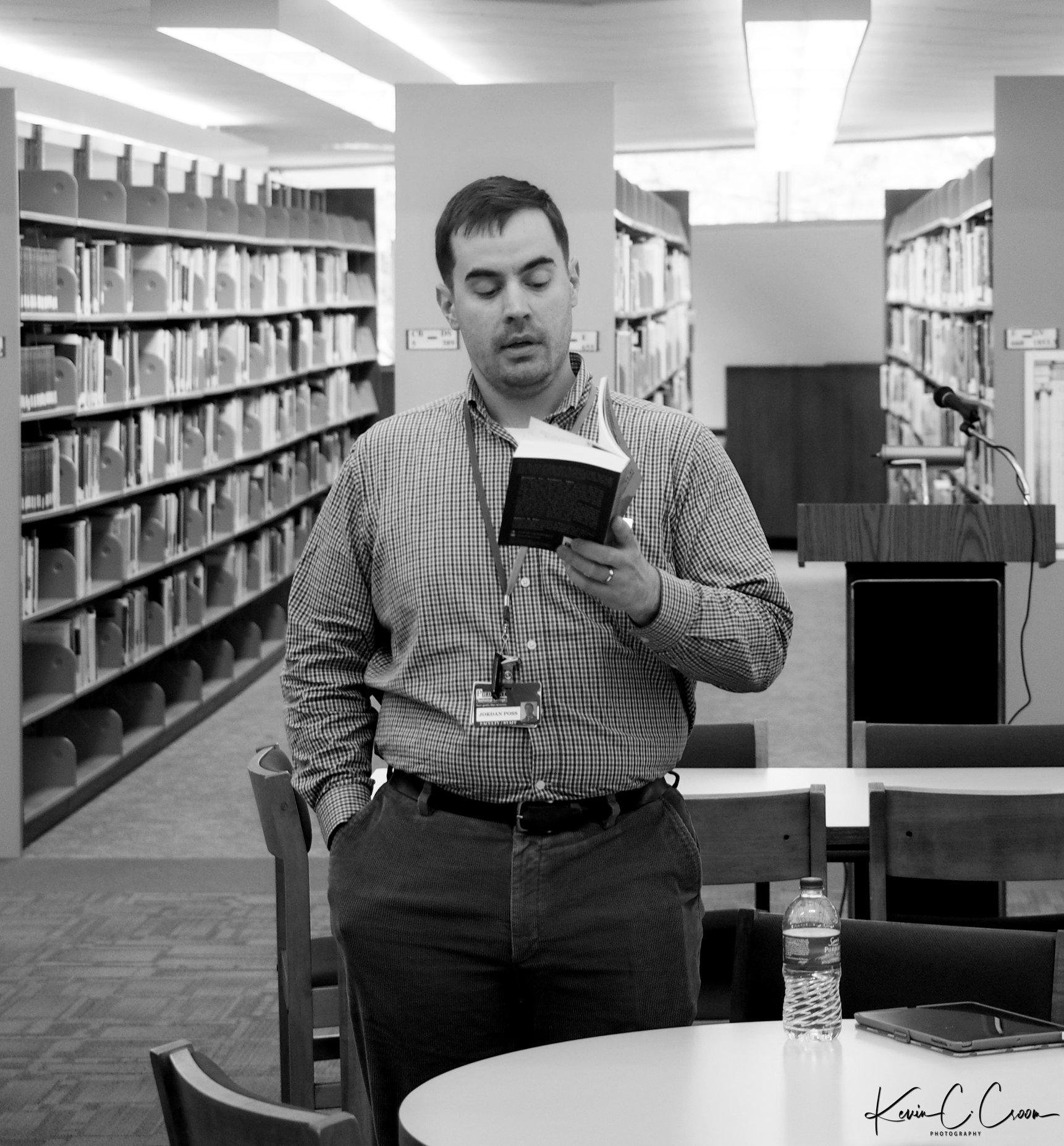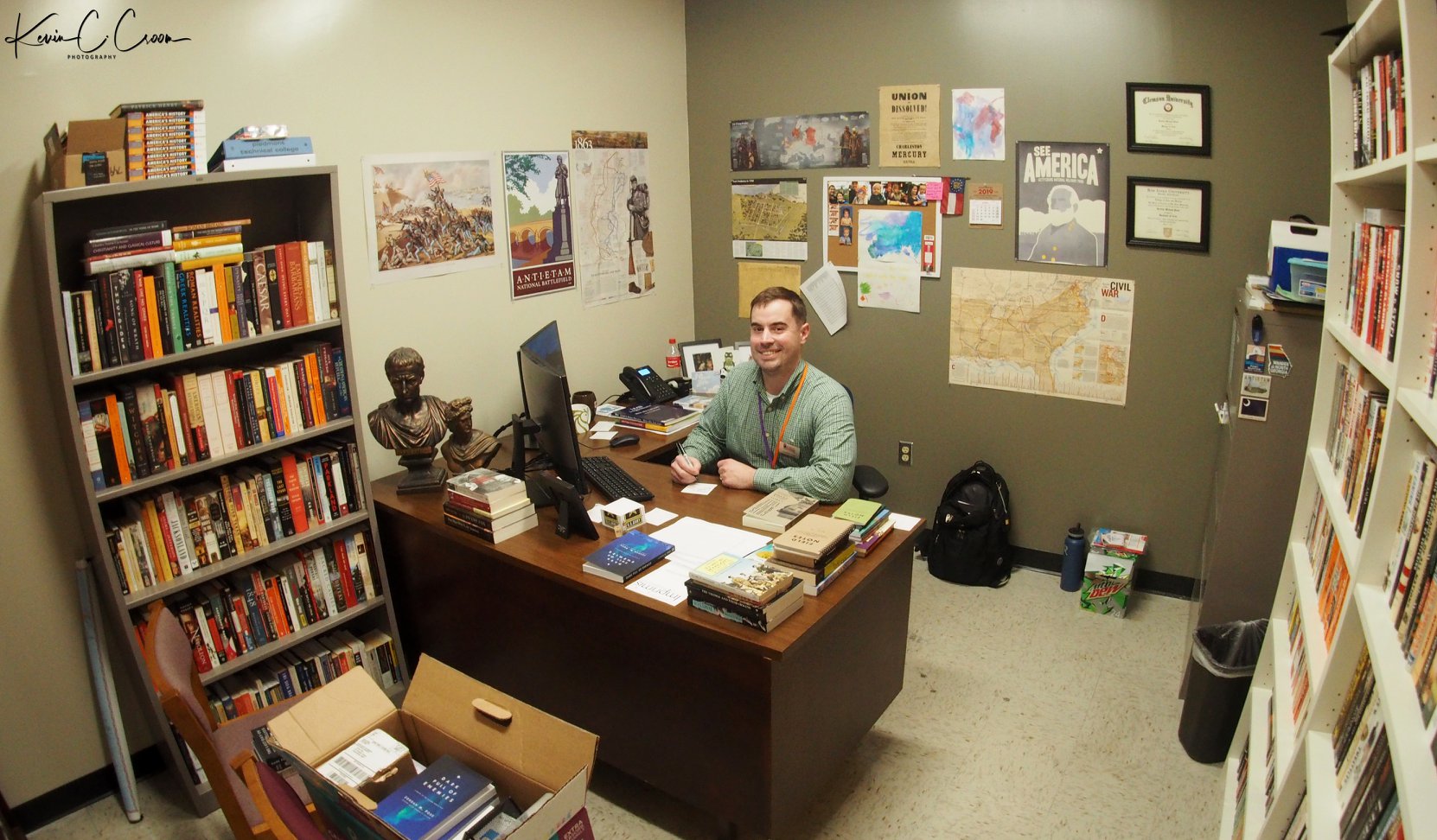Russell Kirk's Concise Guide to Conservatism
/Conservatism today is not in good shape. Like Rome in Nero’s day, where the historian Tacitus wrote that “all degraded and shameful practices collect and flourish,” one can find just about any terrible thing you want to in the fringes of the movement. But mainstream conservatism, so-called, is not much better, riven as it is by debates between nationalists and globalists, traditionalists skeptical of modernity and technological triumphalists, advocates of small businesses and massive corporations, family values activists and anything goes social liberals, hawks and doves, and just as many big government porkbarrel technocrats as the other side of the aisle. If Yeats’s famous phrase was “the centre will not hold,” conservatism seems to have no center in the first place.
Russell Kirk’s Concise Guide to Conservatism, a formerly out-of-print handbook by one of the twentieth century’s great conservative thinkers, offers one to a movement desperately in need of re-centering. Kirk—a man of letters rather than a strictly political thinker or, worse, the curse of today’s political scene, a policy wonk—helped frame the meaning of conservatism at the time of its American revival in the 1950s, and this book is a refreshing throwback. It’s winsomely written, engaging and even funny, and a brilliant introduction to the true core of a movement that has lost its way.
Originally published in 1957 as The Intelligent Woman’s Guide to Conservatism (the title being a riposte to George Bernard Shaw’s Intelligent Woman’s Guide to Socialism and Capitalism), Kirk’s book sets out the principles of true conservatism simply and straightforwardly, drawing on the modern tradition from Burke to the 1950s. Anyone who has read the book that put Kirk on the map, The Conservative Mind, will recognize the names of many of the British and American conservatives Kirk invokes there, including John Adams, Orestes Brownson, John Randolph of Roanoke, Tocqueville, John C. Calhoun, Irving Babbitt, and Paul Elmer More, but Kirk also builds support from an even broader group of thinkers ranging as far back as Aristotle and Cicero and up to the 20th century British traditionalist liberal GK Chesterton.
This book also presents a condensed version of Kirk’s concerns in The Conservative Mind: the threat of materialist ideologies like Marxism; the leveling effects of industrialism and consumerism; the danger of totalizing, centralized state power; the collapse of community; the erosion of virtue, discourse, learning, respect for—or even knowledge of—the past; and much more. Kirk passionately explains the conservative views of freedom of conscience; private property; variety and diversity; traditional education in the liberal arts and humanities; the transcendent vision of the world offered by religion; church, community, and the other “little platoons” that make us who we are; and the family.
One of the strengths of Kirk’s book is his handling of the tensions within conservatism, of which we have plenty. I think one of the reasons “conservatism” so-called today has been pulled so badly out of shape is the attempt eliminate these tensions one way or the other, creating a balkanized political movement of simplified, un-nuanced sub-conservatisms. This is an essentially ideological search for a resolution to tension, one that insists on consistency and going to the logical extremes. Kirk avoids that temptation—insisting throughout that true conservatism is properly non-ideological—and retains these tensions.
Kirk deals with the tension between the individual and the community—both objects of immense respect and importance within conservatism—especially well, rejecting both “‘Individualism’ as a radical political ideology” (cf. Ayn Rand) as well as pure collectivism. But the best example, and possibly the best chapter in the book, is his treatment of permanence and change. Call it the tension between stability and Progress, or the status quo and the god Change. “The conservative is not opposed to progress as such,” Kirk writes, “though he doubts very much that there is any such force as a mystical Progress, with a [capital] P, at work in the world.” Invoking Coleridge, he continues:
The permanence in society is formed by those enduring values and interests which give us stability and continuity; without that Permanence, the fountains of the deep are broken up, and society slips into anarchy. The Progression in a society is that spirit and that body of talents which urge us on to prudent reform and improvement; without that Progression, a people stagnate, and society subsides into an Egyptian or Peruvian lethargy.
Kirk wrote in 1957—the year my dad, now a 62-year old grandfather, was born—but his description of an affluent, technologically sophisticated but hollow society poised between anarchy and stagnation could have been written yesterday. A faithful advocate of what he, borrowing from TS Eliot, called “the permanent things,” he could not have produced a more permanently relevant little book.
Russell Kirk’s Concise Guide to Conservatism also includes a good introduction from historian Wilfred McClay. Coming in at just over 100 pages, this book is a much-needed refresher at a time of crisis. You won’t find much about economic theory or policy—those are all downstream of culture—but you will find a lot about principle, virtue, family and community, respect for the past, and the right ordering of affections that makes up the conservative worldview. I hope it gains a wide readership—both among those seeking to understand conservatives and conservatism, and conservatives in search of a center that will hold.

